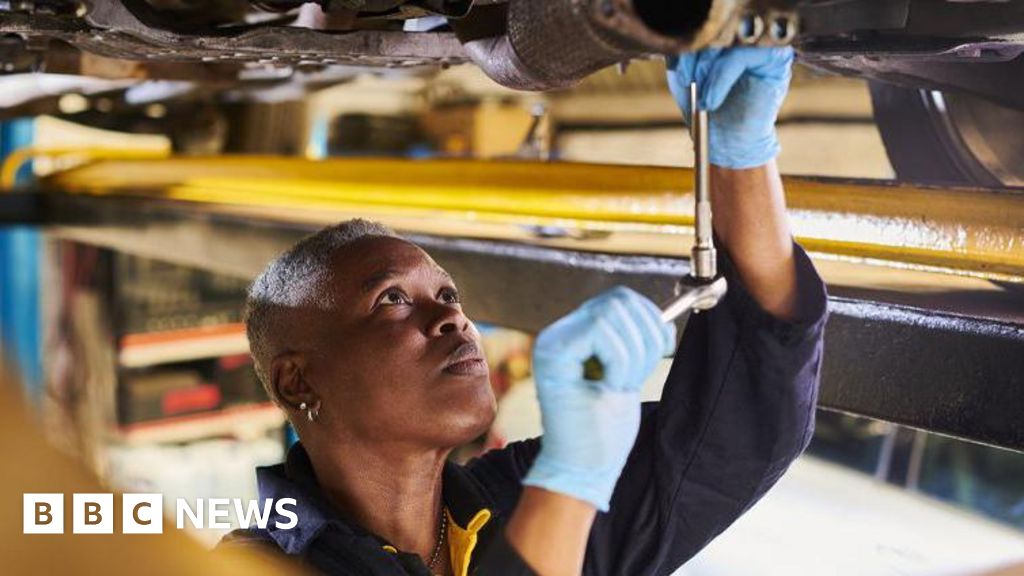Stay informed with free updates
Simply sign up to the Automobiles myFT Digest — delivered directly to your inbox.
The United Auto Workers on Saturday said it had reached a tentative labour agreement with Fiat Chrysler parent Stellantis, which would raise wages and end a six-week strike.
The deal is a significant victory for the union and includes a 25 per cent base pay raise through April of 2028, cost-of-living increases, plus bigger increases for starting and temporary workers. The terms are similar to those in the agreement struck with Ford Motors on Wednesday.
The statement put out by the UAW also said that Stellantis would be adding 5,000 jobs, and that the Belvidere Assembly Plant in Illinois — which had been idled before the strike — would be reopened.
“Once again, we have achieved what just weeks ago we were told was impossible,” said UAW president Shawn Fain. “At Stellantis in particular, we have not only secured a record contract, we have begun to turn the tide in the war on the American working class.”
The agreement will not take effect until union members approve the terms.
Stellantis North America chief operating officer Mark Stewart thanked the negotiating teams in a statement and said the company would “look forward to welcoming our 43,000 employees back to work and resuming operations to serve our customers and execute our Dare Forward 2030 strategic plan to maintain Stellantis’ position at the forefront of innovation”.
The agreement leaves General Motors as the only Big Three automaker without a deal after nearly two months of strikes that have hamstrung Detroit and put more than 45,000 jobs on the line. The UAW on Saturday said it had extended its strike at GM to include a plant in Spring Hill, Tennessee.
Ford on Thursday said that the strikes had cost the company roughly $1.3bn, with 80,000 fewer cars and trucks produced. Separately General Motors has said that the strike has cost the company $800mn.
The UAW began bargaining with the three automakers in July, ultimately deciding to go on strike in September. It was the first time in the union’s history that it had gone on strike against all three carmakers at once.
Negotiations were tense, with big disagreements over electric vehicles, and were led by a new union president Fain. Fain has been less conciliatory than previous leaders, skipping a traditional handshake ceremony with the auto executives at the start of the process.
Credit: Source link











